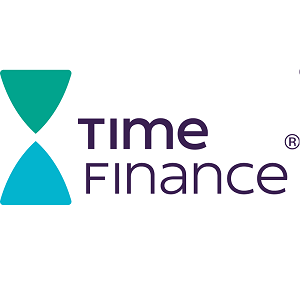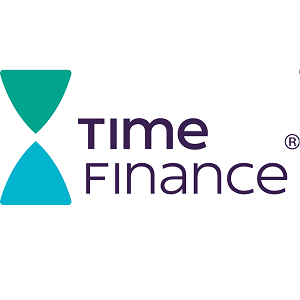Understanding how to raise capital can significantly impact a business’s success. Without the necessary funds, a company cannot grow or even begin its path towards success. Yet, many businesses struggle to identify the most suitable methods to secure funding outside traditional secured loans.
Raising capital is essential for businesses at all stages. Whether you’re just starting or have an established enterprise, understanding the different financing options available is crucial. Debt and equity financing are the primary types of capital raising, but other alternatives are worth considering.
Debt financing involves borrowing money from an external source with an agreement to repay it at a later date, typically with interest. Business loans, for example, offer a fixed sum of money that businesses repay over time. The interest rates vary depending on the loan type and repayment term. Another option is asset-based financing, which allows companies to borrow against existing assets such as inventory or property, providing a flexible way to secure funds. Factoring and invoice discounting are also effective ways to raise capital. These methods allow businesses to access funds from unpaid invoices, ensuring a smoother cash flow while they reinvest in their growth.
Government loans and grants can be a lifeline, particularly for UK businesses. These loans not only provide necessary financial support but often come with mentoring opportunities for startups. However, securing a government loan typically requires passing a credit check.
Equity financing, on the other hand, involves selling shares of your company’s stock. Crowdfunding is one example, where a business raises capital through small contributions from a large number of people, often via online platforms. Crowdfunding not only helps secure funding but also validates the business idea in the eyes of potential investors. Angel investors are another option. These high-net-worth individuals provide capital in exchange for equity and may also offer guidance and mentorship. Venture capital is similar, although it often involves groups of investors and larger sums of money, enabling companies to receive multiple rounds of investment. Private equity firms focus on more established companies, offering ownership stakes in exchange for significant capital.
Businesses can also explore other methods for raising capital. Bootstrapping involves using personal funds to grow the company. This method appeals to many entrepreneurs as it doesn’t require external debt or equity, although it carries its risks. Alternatively, entrepreneurs may turn to personal contacts for initial investment, often referred to as the FFF round, involving ‘fools, friends, and family’. While this can be a stressful way to raise funds, it often provides the necessary capital to get started.
Trade credit is another option for raising capital. One business extends credit to another, helping to build strong customer relationships while providing financial flexibility. Revenue-based financing, where a company repays a percentage of its future profits to a lender, can also be effective. The repayment terms vary, but they offer businesses a chance to raise capital without the burden of traditional loan repayment schedules.
When deciding on the best way to raise capital, businesses must consider several factors. The stage of the business is a crucial determinant; for example, startups might rely more on bootstrapping, while established businesses might explore loans or investor funding. A company’s risk profile and return expectations are other key elements to factor in, as these will influence the type of funding available and the anticipated return on investment. Lastly, the method of raising capital can impact how much control the original owners retain. While equity financing can dilute ownership, debt financing requires repayment with interest but allows the owners to maintain control.
For startups, having the capital to support growth is vital. Angel investors, venture capitalists, and personal contacts are the three primary sources of investment at this stage. For small businesses, securing capital is essential for expanding operations and addressing future financial challenges. Common methods for SMEs include investor funding, business loans, and asset-based financing.
Time Finance offers a variety of debt financing solutions to help businesses raise capital and move forward on their growth journey. Whether your company is in its early stages or more established, understanding the right way to secure funding is key to long-term success. Reach out to our team to explore the best funding options to support your business growth.
Securing the right capital for your business requires careful consideration of various factors, from the stage of the company to the desired level of control. With the right approach, businesses can unlock the funds they need to grow and thrive.
Time Finance plc (LON:TIME) is an AIM-listed business specialising in the provision or arrangement of funding solutions to UK businesses seeking to access the finance they need to realise their growth plans. Time Finance can fund businesses or arrange funding with their trusted partners through Asset Finance, Invoice Finance, Business Loans, Vehicle Finance or Asset Based Lending.



